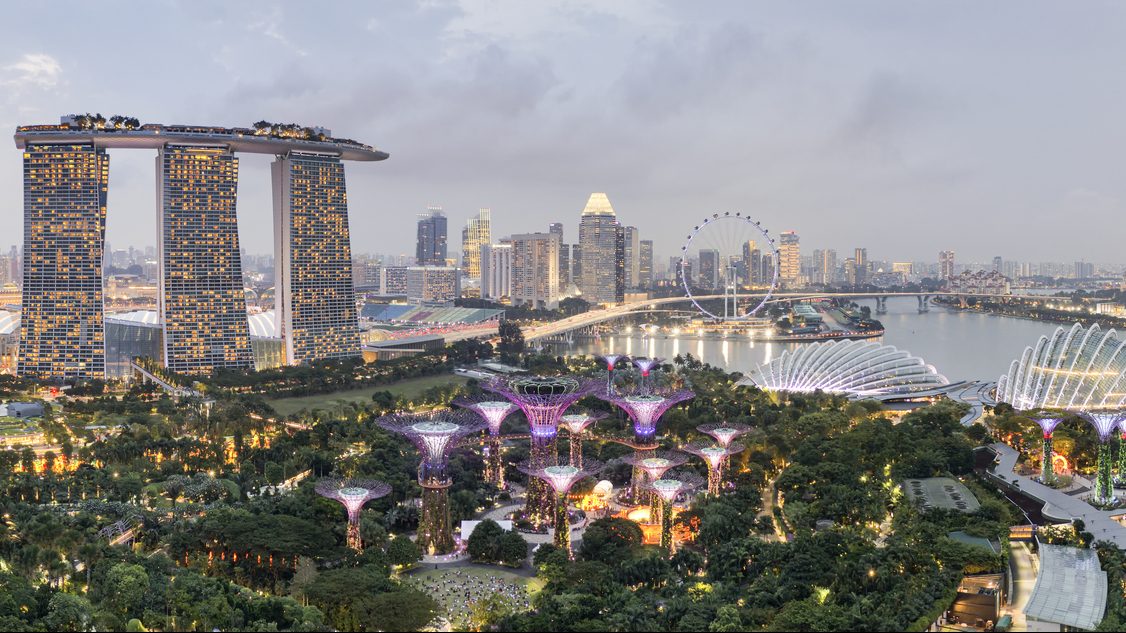SINGAPORE: Singapore has announced its commitment to achieving net zero emissions by 2050 as part of its Long-Term Low-Emissions Development Strategy (LEDS).
The new target signifies a significant milestone in the nation’s environmental policy and reaffirms its commitment to tackling climate change.
The announcement was made in a joint statement by the National Climate Change Secretariat (NCCS) and the Ministry of Sustainability and the Environment (MSE).
Under this strategy, Singapore will also work towards reducing its greenhouse gas emissions to approximately 60 million tonnes of carbon dioxide equivalent (MtCO2e) by 2030.
This target follows the nation’s earlier commitment to reach peak emissions as soon as possible.
It will be formally submitted to the United Nations Framework Convention on Climate Change (UNFCCC) by the end of 2022.
The 2050 net zero pledge builds on Singapore’s previous achievements, including reducing emissions by 16% below Business-as-Usual (BAU) levels by 2020.
The country met and even surpassed this goal, with reported emissions in 2020 at 52.8 MtCO2e, 32% below BAU projections.
Given Singapore’s status as an island city-state with limited access to renewable energy sources, achieving these ambitious targets will depend on advancements in low-carbon technologies.
The government highlighted the importance of exploring options such as hydrogen and carbon capture, utilisation, and storage (CCUS) technologies.
These solutions, alongside international collaboration and strong adherence to the Paris Agreement, are deemed essential for Singapore’s low-carbon transition.
In line with this, the government introduced a national hydrogen strategy and set a separate goal for the public sector to reach net zero emissions by around 2045 under the GreenGov.SG initiative.
This initiative aims to lead by example, showcasing how public agencies can play a pivotal role in Singapore’s green transition.
The new measures also include the Jurong Lake District, which will target net zero emissions for new developments by 2045, establishing it as a benchmark for sustainable urban planning.
These updated climate goals were unveiled at the Singapore International Energy Week (SIEW) 2022.
The announcement followed extensive consultations with over 1,700 members of the public and key stakeholders, conducted as part of the Singapore Green Plan 2030—a national roadmap that outlines strategies for sustainable development across various sectors.
Despite the inherent challenges posed by its small geographical size and limited renewable resources, Singapore is determined to fulfil its climate commitments.
The government emphasised that achieving net zero emissions will require a coordinated effort involving public and private sectors, communities, and individuals.
Featured image by Depositphotos (for illustration purposes only)

